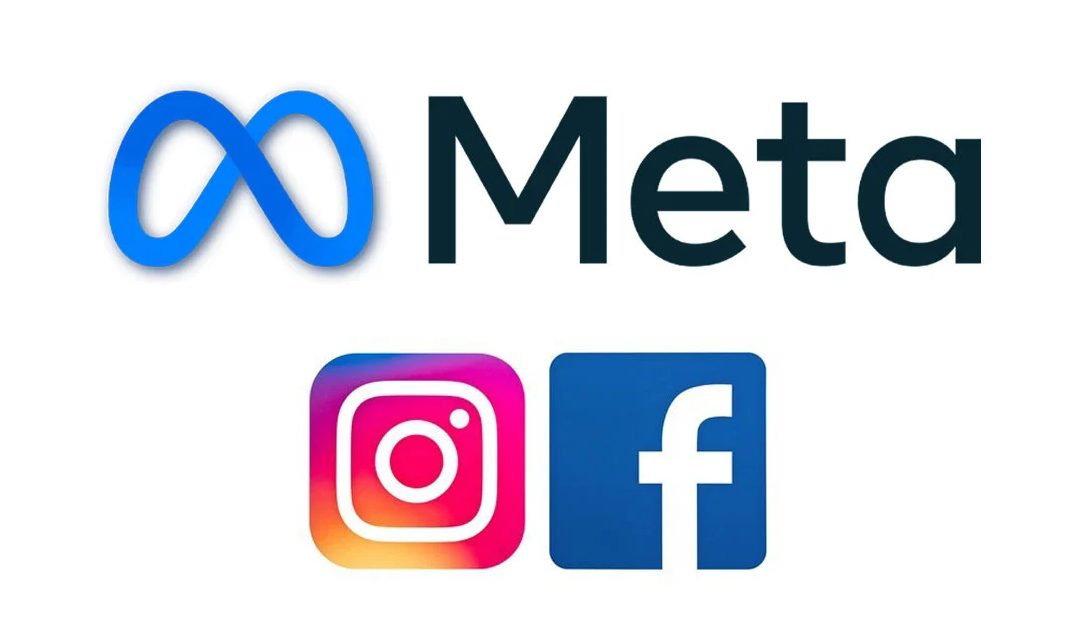
Facebook, Instagram Users in EU Can Now Opt Out of Meta’s Algorithms
To comply with the European Union’s (EU) new Digital Services Act (DSA), Meta is now offering Instagram and Facebook Stories and Reels in chronological order to European users.

Earlier this month, TikTok had also announced a series of updates tailored to EU users in preparation for the implementation of the DSA, which will begin to fully apply later this month.
The DSA, renowned as one of the most comprehensive internet regulations, is poised to impact not only European tech enterprises but also all tech entities operating within the EU.
Meta says it has been diligent in aligning with the new regulations since the time of the DSA’s initiation in November last year, adapting existing safety protocols to the realms governed by the DSA.
Starting today, the European community will now have the choice to engage with content on Reels, Stories, Search, and other platforms without Meta’s ranking systems. Facebook and Instagram users can opt to view Stories and Reels solely from those they follow, presented in chronological order, from newest to oldest.
Additionally, Search results can be seen solely based on user-inputted words, devoid of personalized tweaks stemming from prior activities and individual interests.

In a noteworthy stride, Meta is expanding its Ad Library to archive all ads directed at EU users, encompassing ad run dates, targeting parameters (e.g., age, gender, location), served audience, and more.
This comprehensive repository will be open to the public for a year, facilitating a deeper comprehension of every ad broadcasted in the EU.
Commitment to age-appropriate content continues with alterations to ad experiences for teens aged 13-17. These teens will no longer receive ads grounded in their app activity, emphasizing age and location as the sole criteria for ad targeting.
Meta is also introducing two new tools for developers — the Meta Content Library and API. This repository encompasses publicly accessible content from Facebook Pages, Posts, Groups, and Events, as well as content from creator and business accounts on Instagram.
Researchers and developers will be able to explore and filter publicly available content via a graphical User Interface (UI) or a programmatic API.

